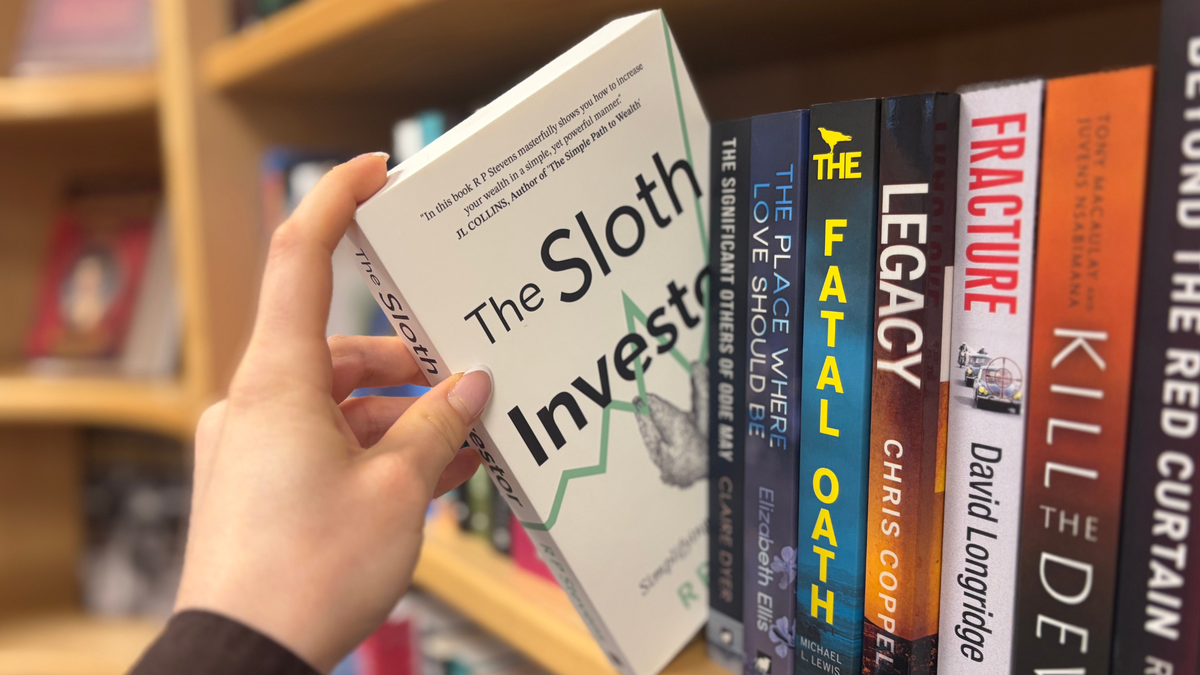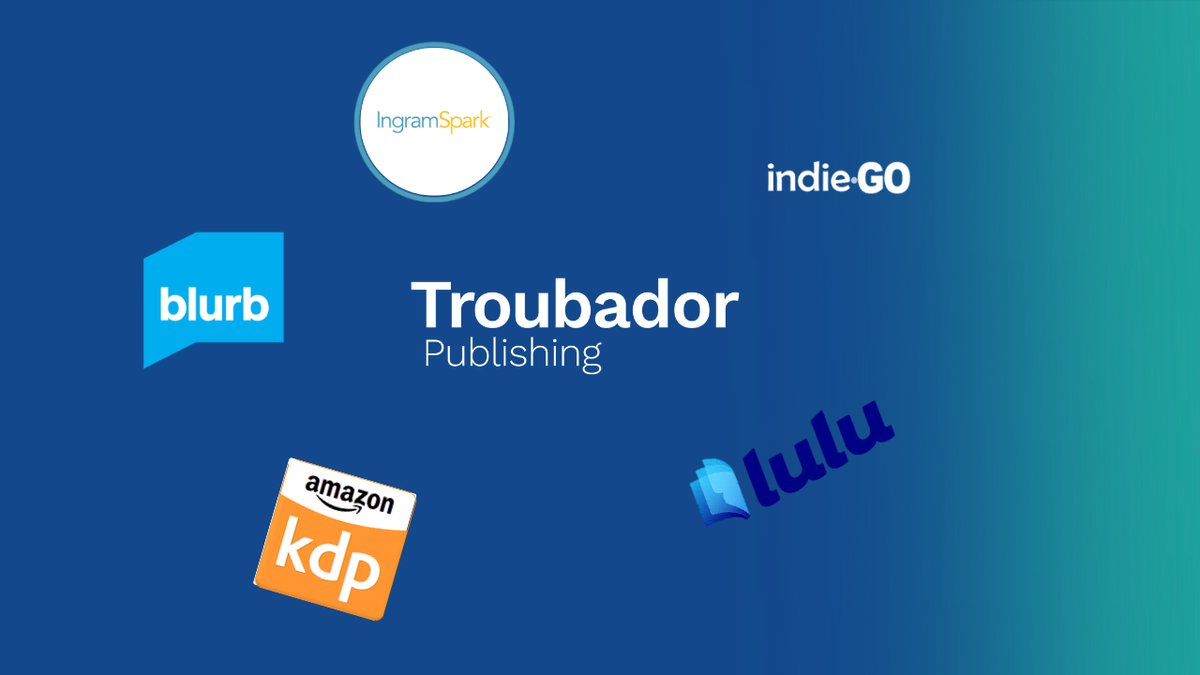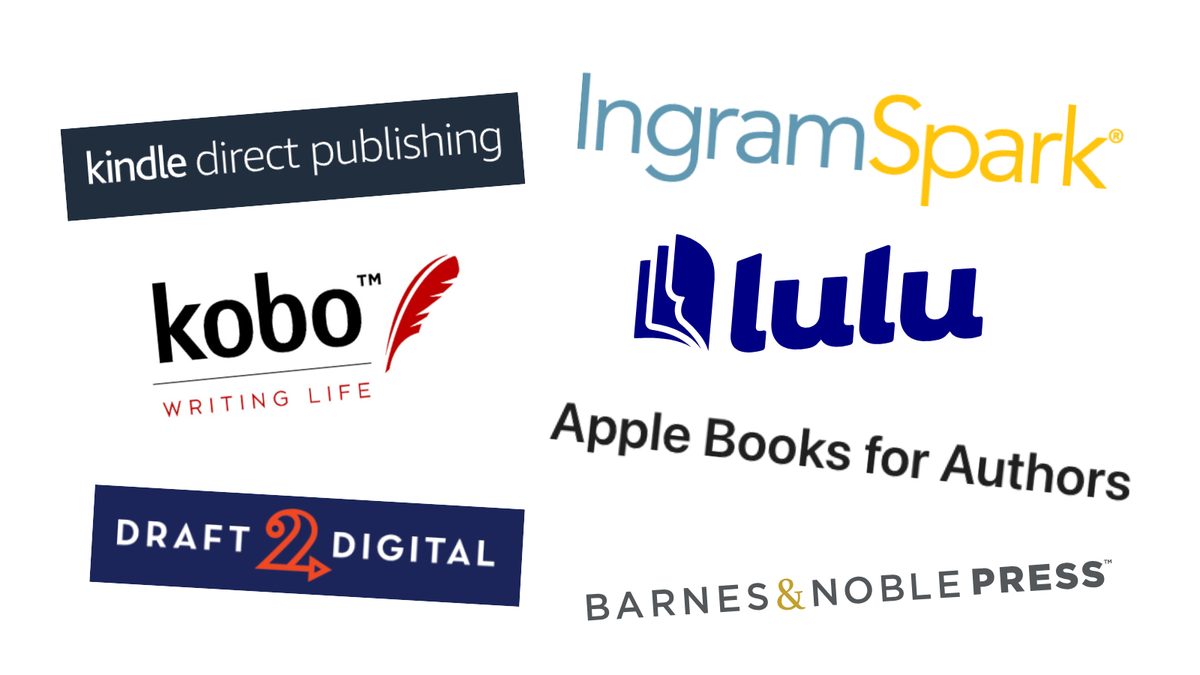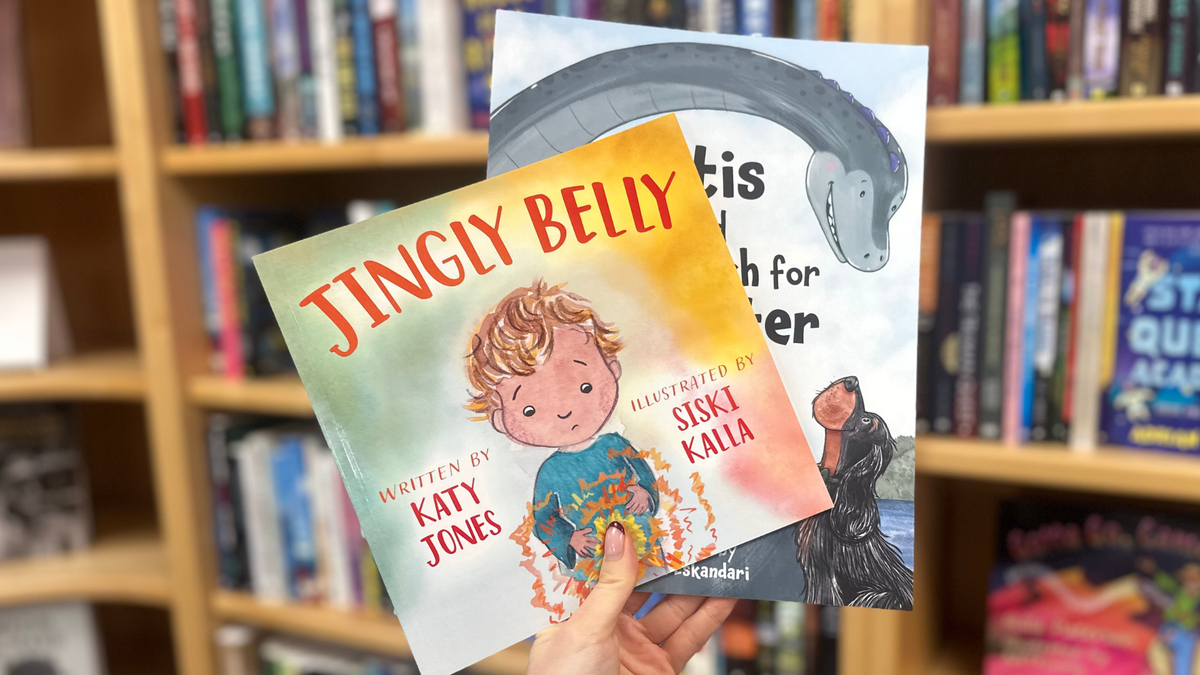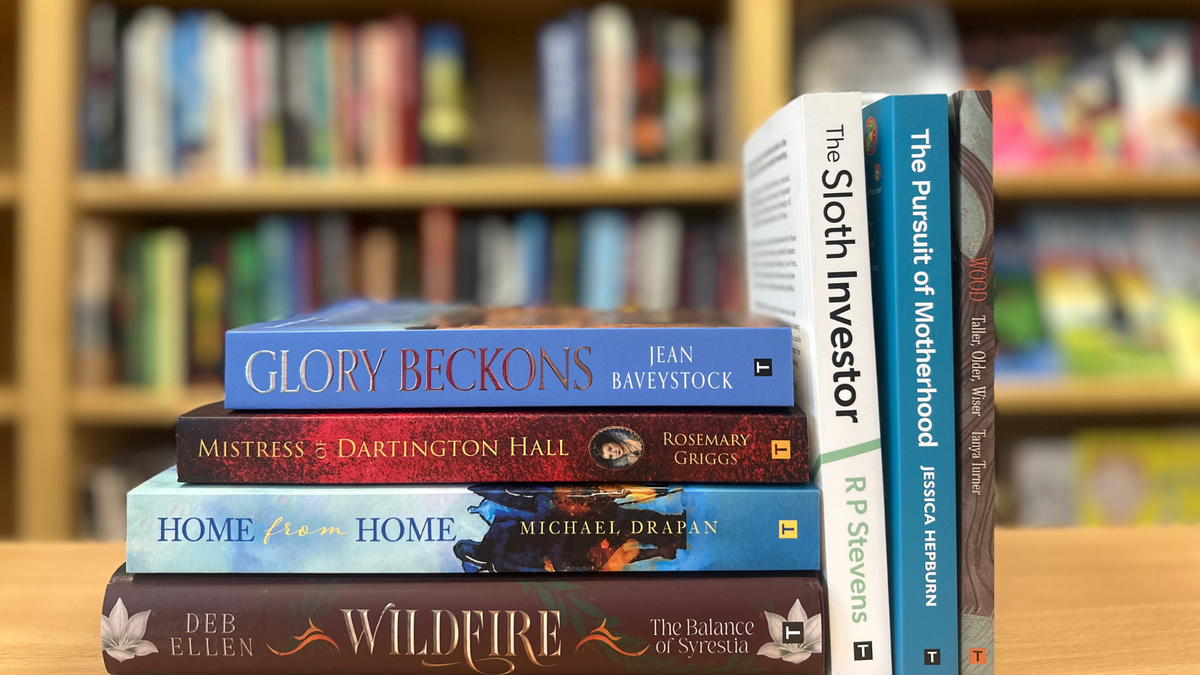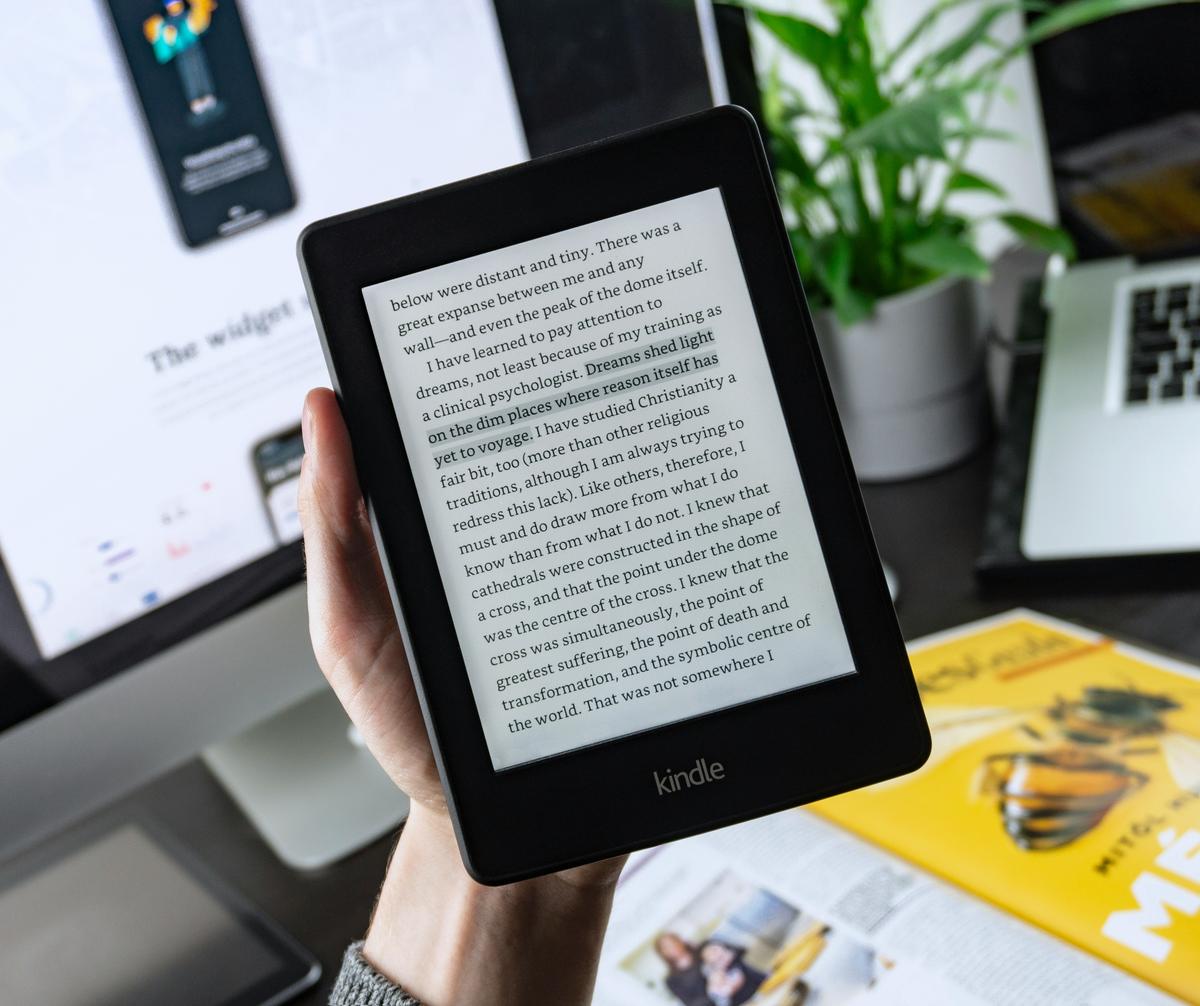
9th August, 2023
4 min read
Mastering Audiobook Publishing. 5 Essential Insights for Authors
Written by:
Megan Lockwood-Jones
Audiobooks are the fastest growing sector of the book market and, as consumption of audiobooks grows, so will the expectation of there being an audio version available alongside a printed book and ebook. Book consumers tend to have preferred format (printed book, ebook or audiobook), so by publishing an audiobook you are appealing to a wider audience. In this blog, we will share our 5 top tips of things to consider when looking to publish an audiobook. Before you decide if you should publish your own audiobook or use a company like Trouabdor Publishing to help you, here are some important things to consider.
1. Who is to voice your audiobook?
Decide if you'll hire a professional voice-over artist or voice it yourself. There are many production companies online with access to voiceover artists. You'll want to hear samples of the artists' work to find a voice you're happy with, and you'll need to ask about the company's processes and costs – including that of a sound engineer to edit files to the required specifications, and whether the costs include any amendments to the initial recording. If you're voicing it yourself, you'll need to have recording equipment that can record high-quality audio, and a recording location free from extraneous noise. Some authors hire a recording studio for this, whereas others may invest in recording equipment if they are confident they have the ability to record files themselves. However you decide to record your audio, you need to make sure you've practised reading the book aloud before any recording begins. Preparation is key if you want to make the most out of studio time. Whether you decide to hire a professional or narrate your book yourself, you'll need to ensure that you've had your manuscript professionally edited before any work begins, so that the production process runs smoothly and avoids errors. FACT: Voice artists are skilled at what they do and bring nuance and interpretation to the text. If narrating your own book it will very likely take longer and will require a bit more editing. Bear this in mind when deciding on which voice to use for your book.
2. Where are you going to distribute your audiobook?
Before recording begins, you need to decide where you are going to distribute your audiobook, as the retailers/distributor you choose will impact what specifications the audio files need to have. Some retailers require MP3 files, others prefer WAV files. It's useful to know this upfront. FACT: You may have heard about AI-voiced audiobooks (AI text-to-speech is the ability of a computer to read an audiobook). These can be cheaper to produce as there are no voice artist costs. Be aware however that the vast majority of retailers – especially the big names like Amazon and Audible – currently do not accept AI-narrated audiobooks and they can sound 'flatter' and less engaging than human-voiced titles.
3. What specifications do the audio files need to meet based on the distribution route you choose?
Once you've decided your distribution route, check what audio file type those retailers need, plus any other specifications they require. Common specifications include RMS levels, Bit Rate requirements, running time limits and the naming requirements for each separate audio file. Each chapter of the book should be its own audio file, and retailers also require an opening credits file (stating the book title, author name and narrator name) and a closing credits file (stating that it's the end of the book, and usually also the book title, author name and narrator name). Once you know the specifications required, ask yourself whether this is something you can achieve yourself, or whether you need to hire specialist help. If you have decided to use a professional, make sure you pass on the required specifications ahead of the recording beginning. FACT: Retailers (like Amazon) conduct quality checks on files before they are released for sale. It's common for them to request edits and improvements on audio files before they will be accepted. If publishing your own audiobook Make sure you (or your engineer) have carefully followed all the retailer's tech requirements when recording, editing and uploading the audio files.
4. What section of your audiobook would you like to be used as a sample on retailers' sites?
Retailers provide a sample of an audiobook to allow potential customers to hear a short sample (usually no longer than five minutes), before deciding whether they'd like to download (and pay for) the audiobook. Most retailers require you to provide the section that you'd like to be used as a sample, so decide what you'd like so that it can be created as its own file once the recording has been completed. FACT: You'll want the chosen sample to entice potential customers and encourage them to buy or download – so make sure it's engaging and gives a good feel of the book
5. Who is going to create your audiobook cover?
You will need to provide audiobook retailers with a cover for your audiobook. A cover should be square and provided at the size/resolution your retailer of choice has indicated. The audiobook cover is usually based on the printed book/ ebook cover design, and should include the book title, author name and narrator name. Some authors have the ability to design their own audiobook cover, whereas others need the expertise of a designer. Be honest about your abilities: if you aren't experienced at cover design, you'd be better off hiring a professional.
Don't want to do it yourself?
At Troubador, we offer an audiobook production and distribution service to publish an audiobook on your behalf. So that we can achieve the best results at the lowest cost, we use only professional voice-over artists and actors who are experienced in audiobook recording, and we record at a commercial studio using experienced engineers.



